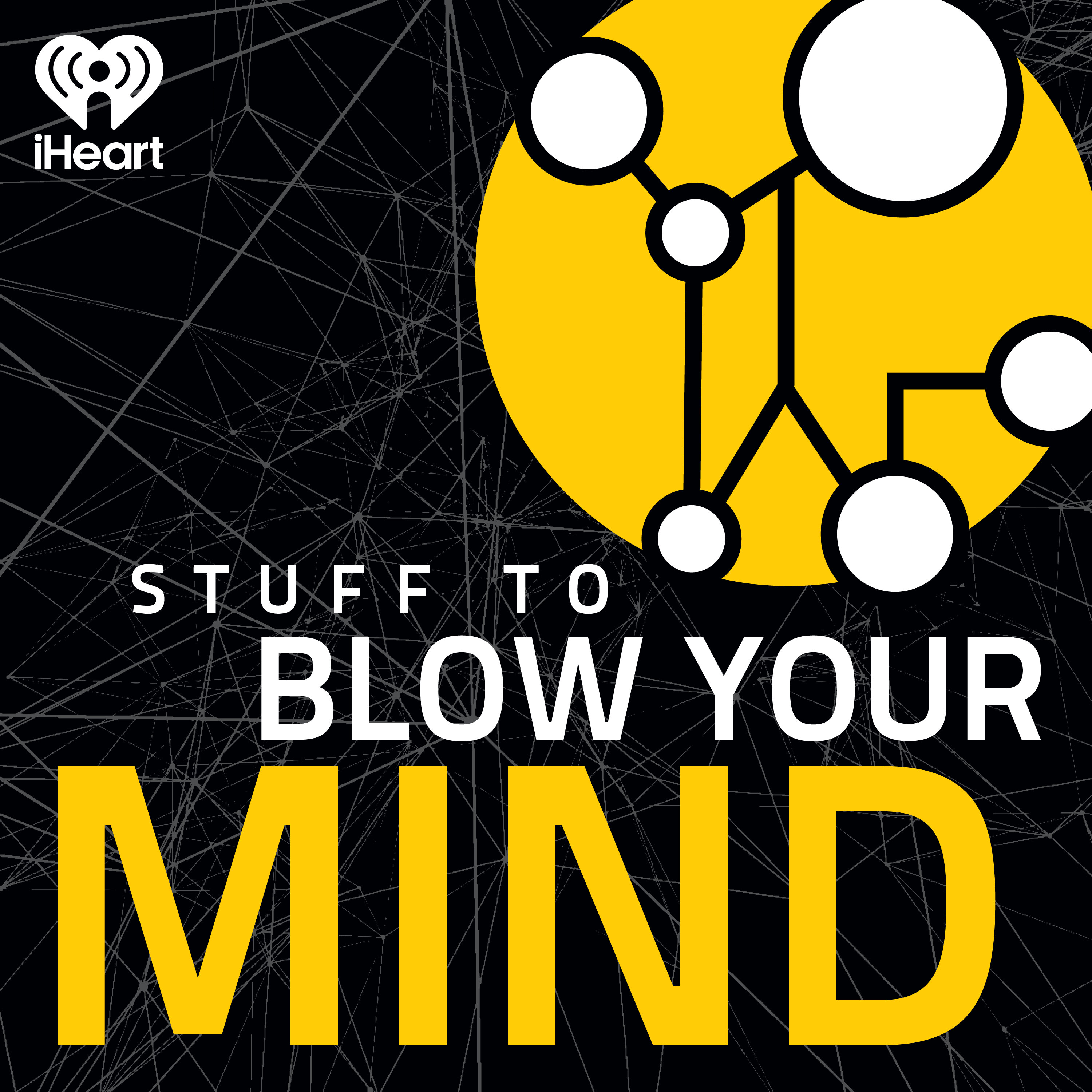
Listener Mail: Learning to Flinch
Stuff To Blow Your Mind
Episode Insights
See all- Random number generation in computer software is a sophisticated task that can be affected by minute physical actions such as the timing of a button press, adding a layer of unpredictability to processes that rely on random outcomes.
- True random number generators (TRNGs) utilize physical phenomena to generate randomness, making it harder for attackers to predict number sequences, while pseudorandom number generators (PRNGs) use algorithms and initial seed numbers, which provide a lower, yet still significant, level of unpredictability.
- The rituals surrounding dice rolls in tabletop role-playing games—like praying to a dice god or using dice jails for dice that perform poorly—reflect the human desire to find patterns or control in random events, even though the outcomes are influenced by chance.
- Physical actions, even as simple as the timing of a button press, can influence outcomes in systems relying on PRNGs, which ties the physical world and the digital world together in the realm of randomness and chance.
- Physical media, such as DVDs or Blu-rays, offers a certain level of control and permanence to film enthusiasts, allowing them to watch their favorite movies anytime without the risk of titles being removed from streaming platforms.
- Local video rental stores still offer a valuable service by providing a curated film selection that may not be found on streaming services, and they offer a sense of community and nostalgia for film lovers.
- The discussion about random number generators in computers and the physicality of rolling dice in tabletop games suggests that randomness, whether digital or physical, plays a significant role in gaming and computer processes.
- The comparison between physical media and streaming services highlights a broader conversation about ownership versus access, with physical media offering a tangible sense of ownership and accessibility that streaming services cannot always guarantee.